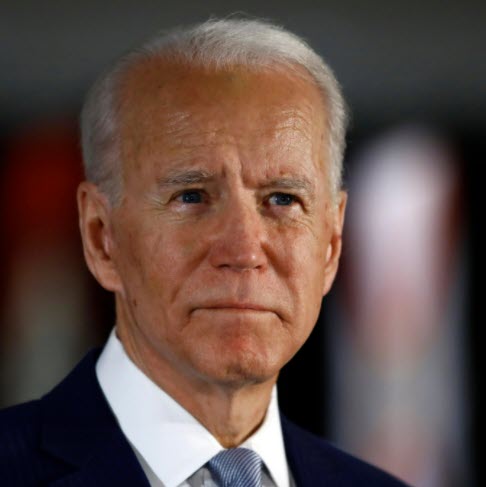Energy News Beat Publishers Note: Resetting the “Social Cost of Carbon” will have a dramatic and almost biblical impact to the financial system.
The potential impact of president-elect Joe Biden’s presidency on the US coal market remains murky, as control of the Senate has yet to be decided, and the Covid-19 pandemic may consume his first 100 days in office, speakers said today during the American Coal Council’s Coal Trading Conference.
House Democrats will start 2021 with the narrowest majority in decades, said Thomas J Pyle, Institute for Energy Research president, while control of the Senate remains up in the air until a runoff election in Georgia next month. If Republicans maintain a Senate majority, that will limit Democrats’ legislative agenda. The may also be a lot of push and pull between progressives and moderate Democrats, Pyle said.
But Biden could use executive orders to potentially halt ones issued by President Donald Trump. He may also put the US back in the Paris climate accord, create a group to address climate change with cabinet-level access and direct federal agencies to prioritize a climate agenda, said Matthew Preston, North American coal markets research director at Wood Mackenzie.
Biden could also rescind environmental regulations approved by the Trump administration, and reset the definition of the “social cost” of carbon, Preston said.
The president-elect’s likely regulatory initiatives include lowering the threshold on activities that invoke new source permit reviews at fossil fuel power plants, requiring lower CO2 emissions for new and modified fossil fuel plants and attempting a clean power plan-type regulation on power sector emissions, said Preston.
A carbon tax is likely off the table if Republicans keep control of the Senate, Pyle said. Preston agreed but noted that Democrats and Republicans have filed carbon tax bills before, so bipartisan support is not out of the question. But it would entail an “enormous amount of negotiation and compromise,” he said.
A carbon tax, similar to one introduced by US senator Dick Durbin (D-Illinois) in August would cause coal prices to jump by $50/short ton immediately, and grow by $25/st in each subsequent year, according to Preston. In the first year of the tax, coal demand would drop by 195mn st. And by 2028, total coal demand would fall below 200mn st/yr.
“Squeezing existing regulations accelerates the downward (coal demand) trend slightly while carbon taxes have an immediate and strong impact,” Preston said.
If Democrats end up with control of the Senate, they could not only pass a carbon tax but also “massive” subsidies for renewables, Pyle said.
But he said it remains unclear what major issues Biden will prioritize when he takes office.
“Biden has made a whole lot of promises,” Pyle said. “The real question is where is he going to put his focus? Will it be healthcare combined with Covid?”

